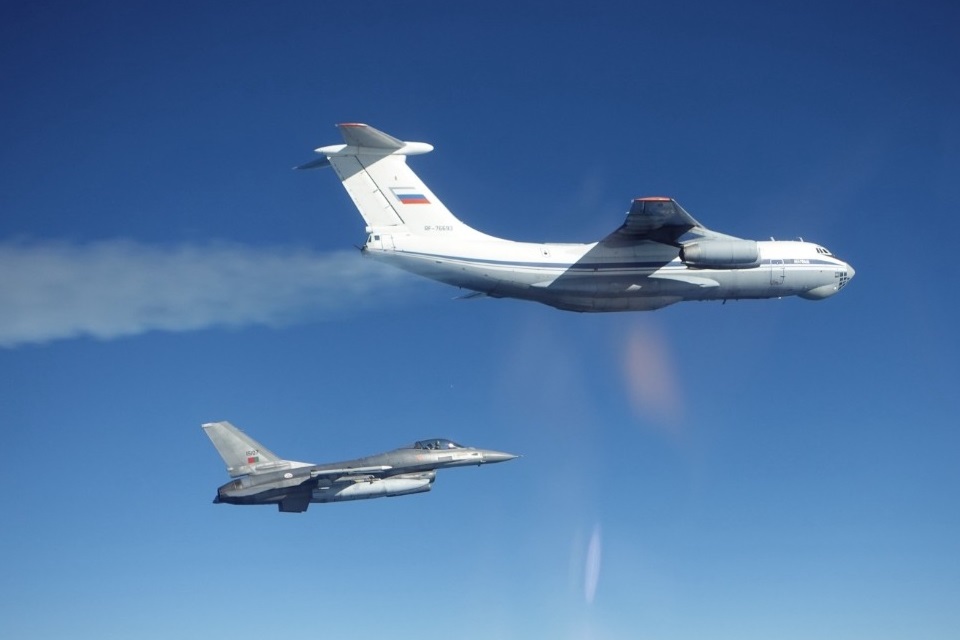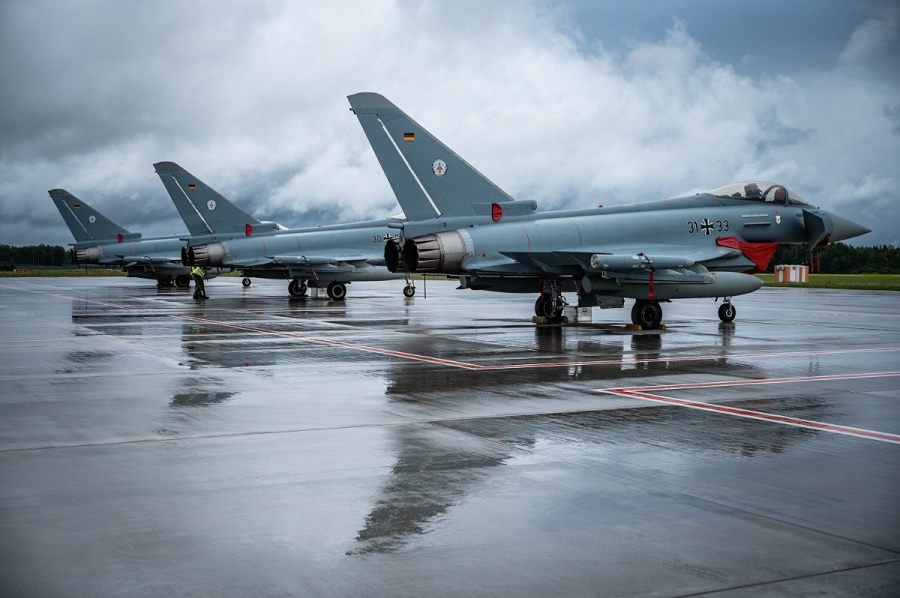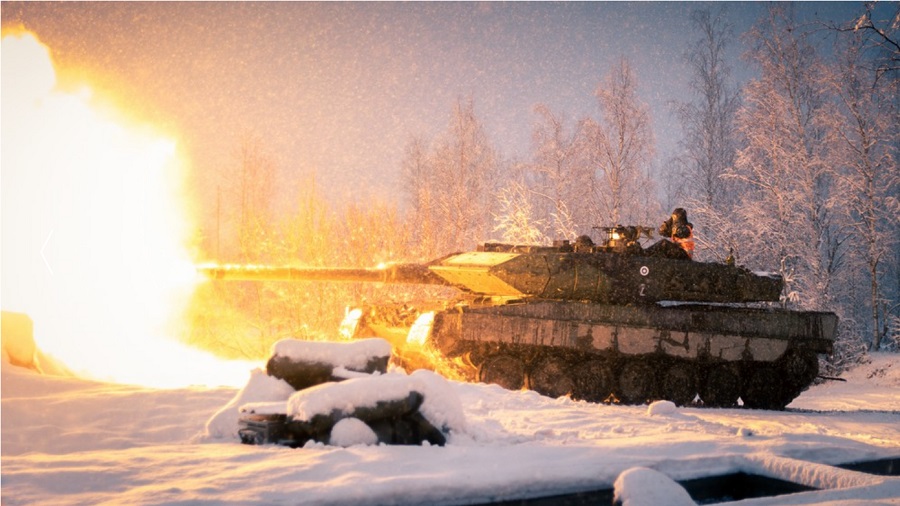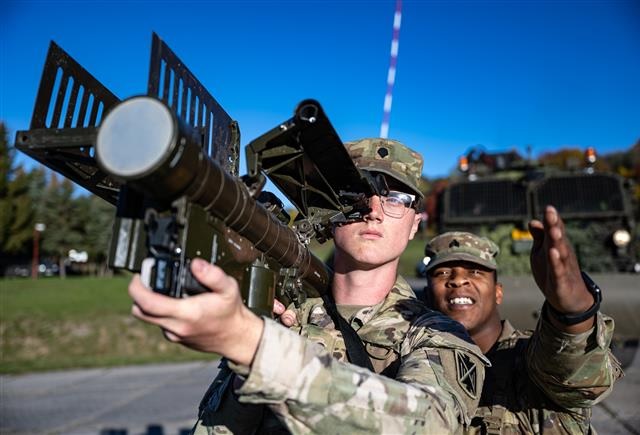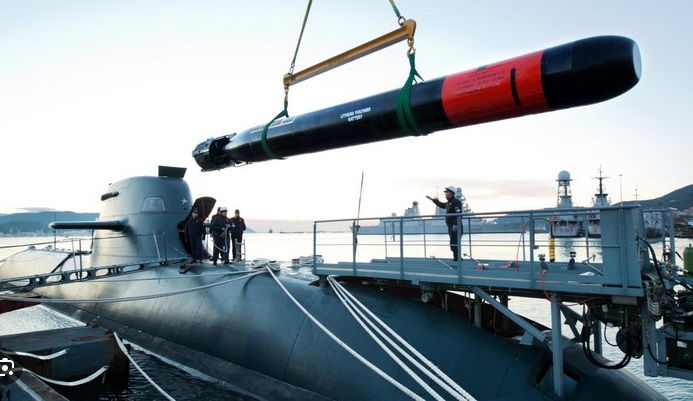The Russian aircraft was flying from mainland Russia to the Kaliningrad exclave above international waters off the Baltic Sea coast of Estonia.
Since there was no flight plan, nor was the plane in contact with Air Traffic Control nor did it use its transponder, NATO’s Northern Combined Air Operations Centre at Uedem, Germany, ordered the F-16s to launch and confirm details for the unknown aircraft. After identifying and escorting the Russian plane, the Portuguese fighters returned safely to Šiauliai. This was a routine event.
For the Commander of the Portuguese Detachment, Lieutenant Colonel José Dias, the first alert scramble for this F-16 detachment – executed on day two of the mission – was a demonstration of the “outstanding commitment, dedication and professionalism of all members that constitute the detachment.”
Portugal leads the 62nd rotation of NATO’s Baltic Air Policing mission. Four F-16s arrived earlier last week and took over the responsibility of safeguarding regional NATO airspace together with Romanian Air Force F-16s on Mar 30.
Since the accession of Estonia, Latvia and Lithuania in 2004, NATO Allies have taken turns deploying an air policing capability to Šiauliai to protect the territorial integrity of the three Baltic Allies in a strong demonstration of Alliance cohesion and solidarity.



